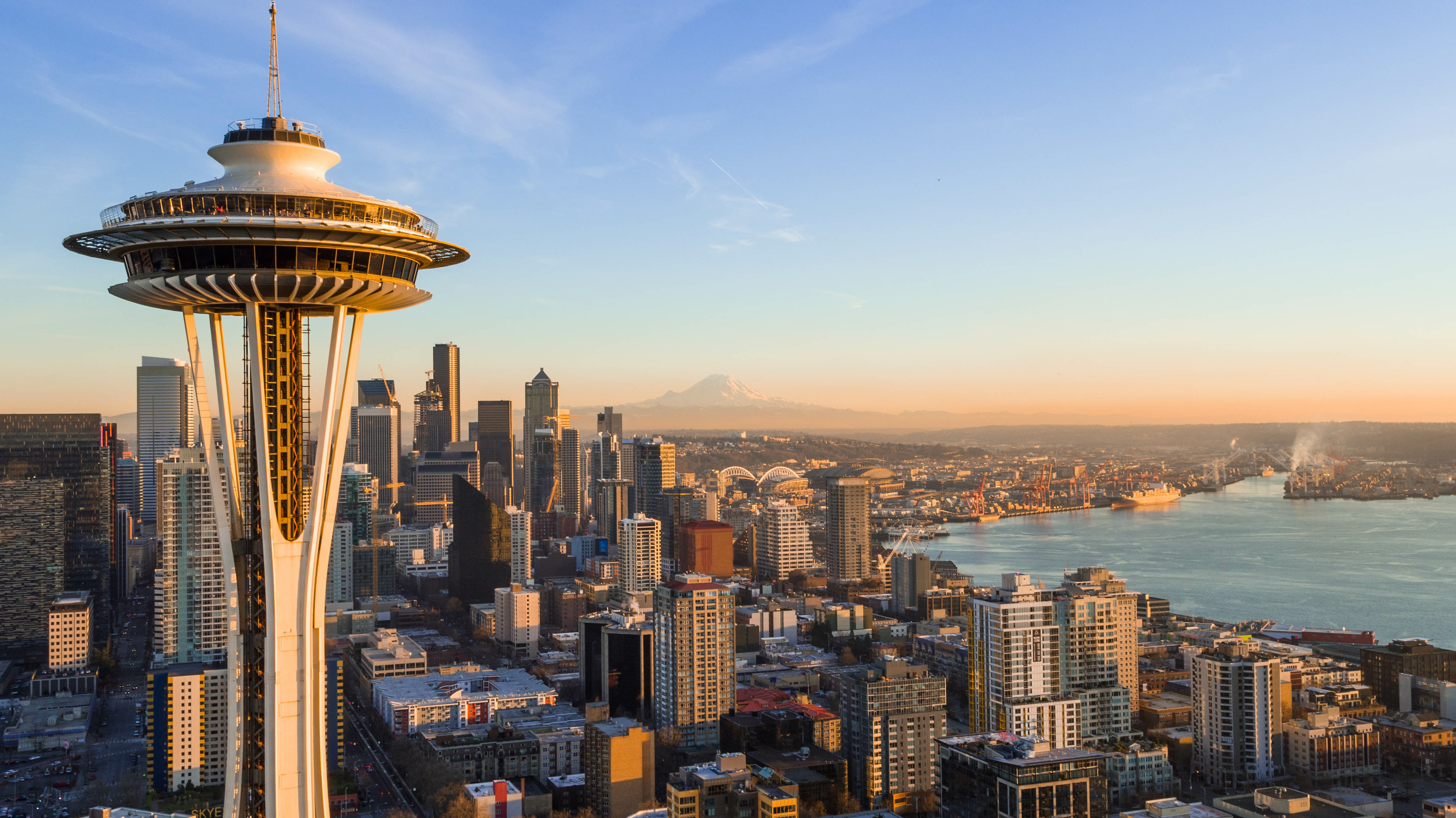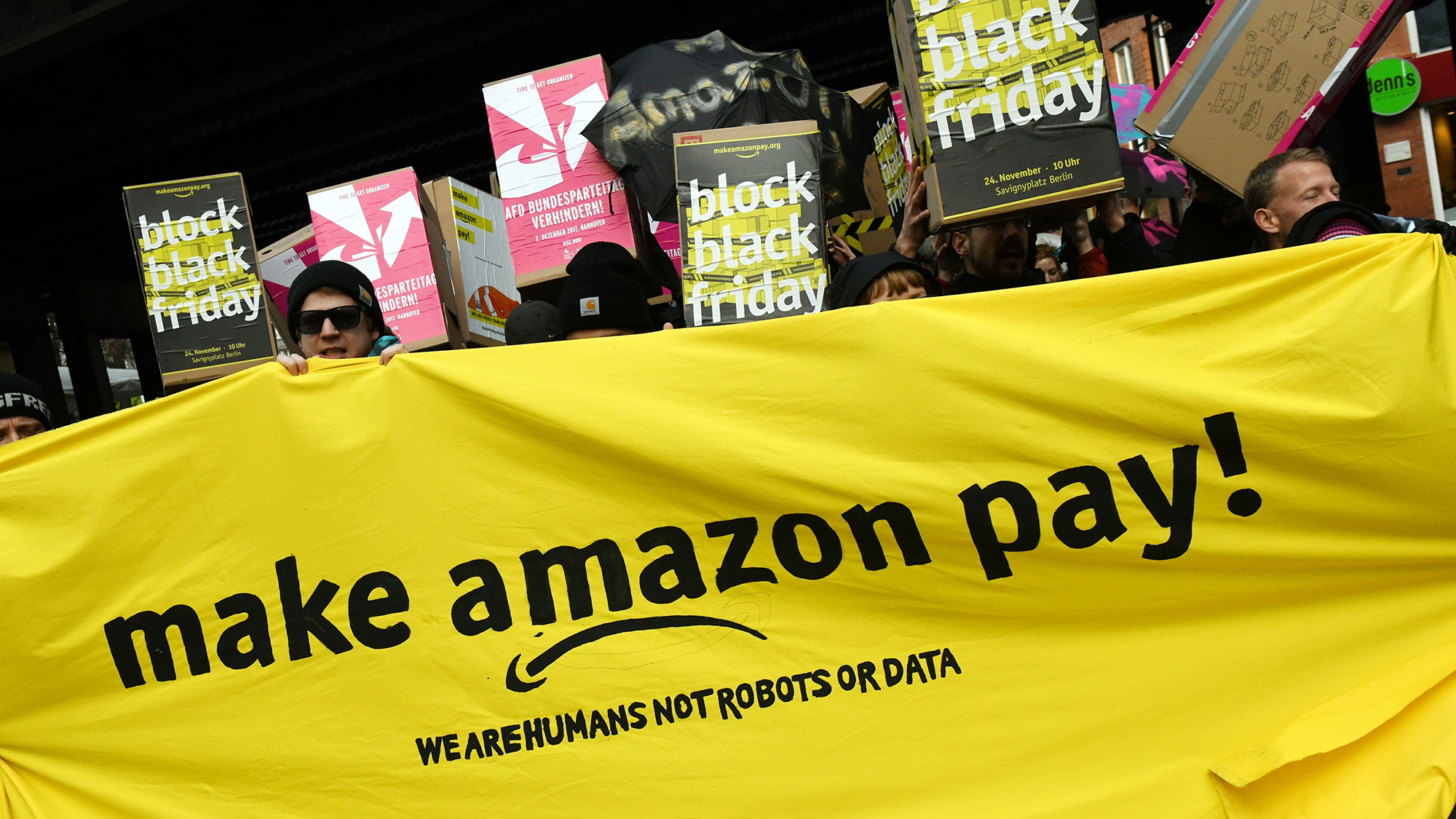Seattle hiked its minimum wage. Here’s what happened to jobs and workers

- Seattle gradually rose its minimum wage to $15 per hour over the past several years.
- A new study examines how these wage increases impacted employment.
- The results provide fuel for both sides of the minimum wage debate.
In 2014, the City of Seattle announced plans to gradually raise its minimum wage to $15 dollars an hour, one of the highest rates of any major city in the U.S. The news prompted cheers from some and predictions of doom from others. Given that the law kicked in gradually, only now can we begin to understand what happened as a result of raising wages over several years.
A new study published in American Economic Journal: Economic Policy examines what happened in Seattle and compared the results to a “Synthetic Seattle,” which modeled employment conditions had the law never been enacted. The results of Seattle hiking its minimum wage are complex and will provide plenty of fuel for other policy debates.
Hello Seattle, the economists are listening
While data only existed for the minimum wage hikes in 2015 and 2016 ($11 and $13, respectively), the data was able to paint quite a picture. The State of Washington measures hours worked when calculating unemployment benefits rather than days like most other states. This benefited the authors of the study, as the effect of raising the minimum wage on employment could be measured with more precision.
In the short-term, the wage increases led to some businesses cutting back hours for their employees. Many of these hours were later restored. The overall earnings for those making less than $13 per hour did go up by as much as 21 percent, with no comparable increase in the rest of Washington State. Wages and overall earnings for all jobs paying less than $19 per hour also increased, though the reduction of hours for these workers over the short-run meant that the earnings increase was similar to that seen elsewhere in Washington.
One complicating factor in the study was the economic boom that Seattle was enjoying. This made it more difficult to directly compare the effects of the minimum wage increase on hiring with another city in Washington that did not raise its wage. So, the researchers used a synthetic model to determine what the economy in Seattle might have been like without the minimum wage increase.
As shown below, it closely tracks the real economy before 2014 when the law passed. After that, the model suggests that entry into the low-wage workforce slowed down. This doesn’t necessarily mean that jobs were lost, but rather that they were added more slowly than they might have been.

The authors concluded that “higher wages appear to deliver bigger paychecks to incumbent workers who earn low wages with limited upward mobility, but they also appear to curtail opportunities for new labor market entrants.” They warn against generalizing their findings, given the peculiarities of the Seattle economy.
Fuel for debate
The results provide fuel for both sides of the minimum wage debate. On the one hand, employment for low-wage earners did not increase as quickly as it could have. This hurts those with few skills who are seeking their first job in the marketplace. Furthermore, the result is roughly in line with what neoclassical economics would predict: Introducing a minimum wage (a “price floor”) increases supply (of labor) but reduces demand (for labor). The result is a surplus of workers — that is, unemployment or underemployment.

On the other hand, low-wage earners got more money. That was the entire point of the minimum wage hike. So, mission accomplished. And it didn’t wreck the economy or cause people to lose their jobs. Furthermore, it is worth noting that other research suggests that changes in employment due to an increased minimum wage are smaller than might be predicted. In one such study that we discussed before, researchers found that a minimum wage hike in New Jersey did not cause a drop in employment, a reduction in hours, cuts to benefits, or a flight of business to neighboring Pennsylvania.
Everyone wins. For now, anyway.




